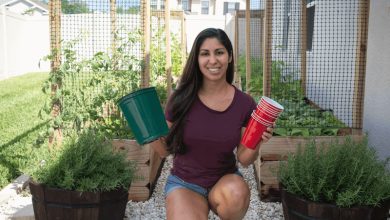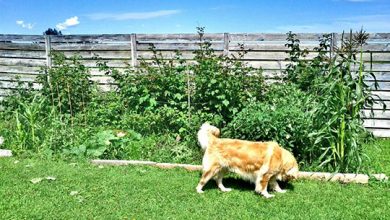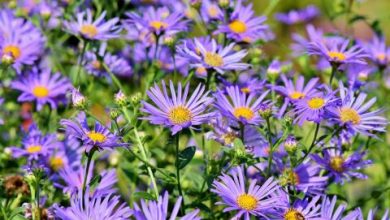Garden Compost: Everything you need to know about compost
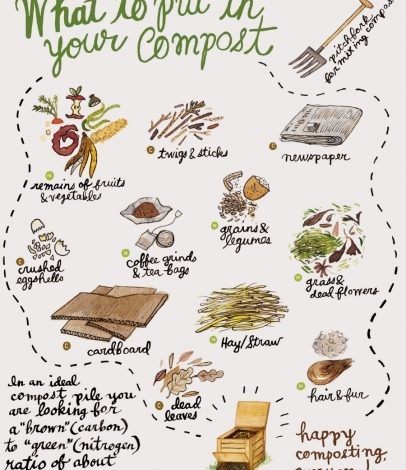
We have already talked in other posts about the benefits of composting in the garden.As this garden compost is something that is of great interest to garden lovers, organic farmers, curious people and gardening enthusiasts, during this time in Agrohuerto doubts and questions have arisen on this subject.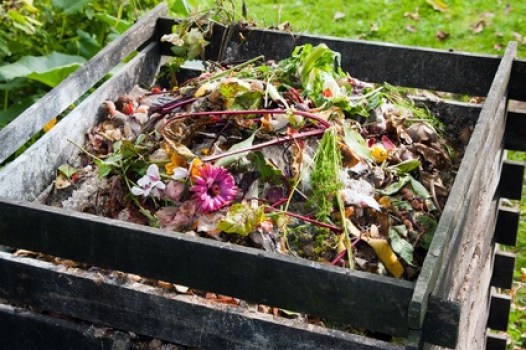
Questions and answers about garden compost
We are going to make a summary with the doubts about compost so that at a glance you can get an idea of the keys to composting and the problems that may arise.
1. What is garden compost?
Compost is a fertilizing material that we can make ourselves using organic waste from the garden and the kitchen.
Little by little, the piled material (on the ground or in a compost bin or container) decomposes thanks to the beneficial microorganisms that are found in the soil or in the crop residues.
A few weeks or months later, a dark and homogeneous product is obtained that may look like soil but is actually a rich and complete fertilizer for the garden.
2. Benefits of compost
Garden compost is one of the most complete natural fertilizers because, having many types of waste, the variety of nutrients it contains is very wide.
Also because it provides beneficial microorganisms to the soil.In addition, by doing it ourselves, we are recycling materials and waste from the garden and kitchen, making our garden more ecological and sustainable and saving money that we would spend on artificial fertilizers.
3. What materials can I use to make compost and what not?
To make homemade compost you can use stems, leaves and other green plant remains from our crops, cut grass, kitchen waste such as fruit and vegetable scraps, fish bones, coffee, tea bags, algae, manure and slurry… Also waste rich in carbon or «brown»: straw and hay, sawdust, pruning debris and woody bark, dry leaves, shredded paper or cardboard, shells of nuts or eggs, pine needles…
You should NOT use to make compost: non-degradable material such as ceramic remains, glass, plastics, aluminum foil, containers…
Neither wood that has been treated or cork, remains of diseased plants or weeds that we have eliminated from the garden, human excrement or pets, leftover meat, bones or fatty foods…
4. Do I need to buy a bucket or composter?
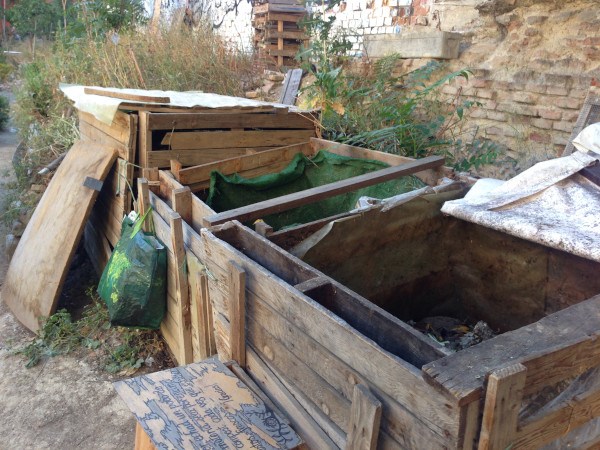
You don’t need to buy it, you can make a crate with wooden planks, pallets, metal mesh… or just stack it on the floor in a pile.
In the post Growing an urban garden, composting and planting and in the Anken Rooftop urban garden, in Shanghai, we saw how they used several compost bins, one for the most recent remains and one for the most mature compost.
5. What do I do if the compost smells bad?
Add sawdust or dry soil from your garden, which will absorb moisture and help stop the reactions that cause the bad smell from occurring. Also turning it over with a shovel or pitchfork so that it is aerated and inadequate fermentation does not occur.
6. How long does it take to compost?
Four to five weeks to a few months. It depends on the temperature and humidity: at very low temperatures the remains take longer to decompose, and there must also be sufficient humidity to speed up the process, so watering with turnings from time to time is necessary if it is seen that the materials are dry.
The maturation time also depends on the size of the components, the smaller and more crumbly we add them to the compost, the less work and time it will take for the microorganisms to convert them into garden compost.
7. How many types of compost are there?
Many, since the final result depends on all the added components and the quantities, on the maturation time… There are hundreds of possibilities…
Some special types of compost are, for example, bocashi compost, or vermicompost, the latter made thanks to the worms that live inside it. To make vermicompost, the most used worms are those of the spice Eisenia foetida (earthworm, red worm or Red worm), but you can also buy Eisenia hortensis.
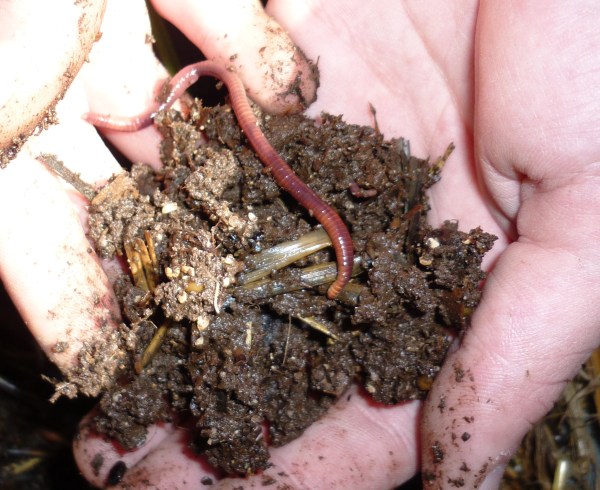
These seven are just some of the most frequently asked questions that are asked by those who start with this composting thing. But surely you can come up with many more! We encourage you in the comments to raise your doubts about the subject or suggestions for future posts.
If you want to learn more about how to make homemade compost step by step, I leave you this link that I wrote with some tips for composting at home.

![Photo of Syringa Vulgaris: [Cultivation, Care, Pests and Diseases]](https://www.complete-gardening.com/wp-content/uploads/2022/08/syringa-vulgaris-cultivation-care-pests-and-diseases-390x220.jpg)
